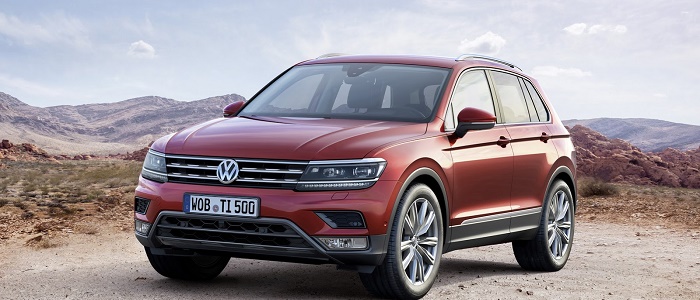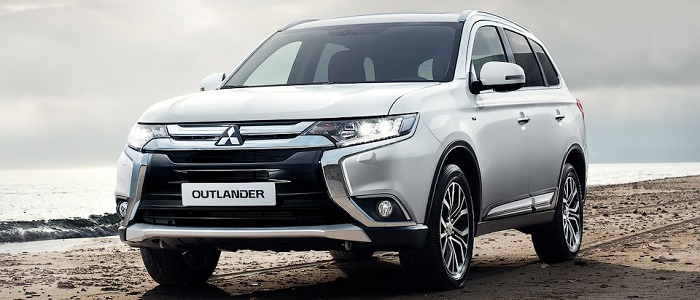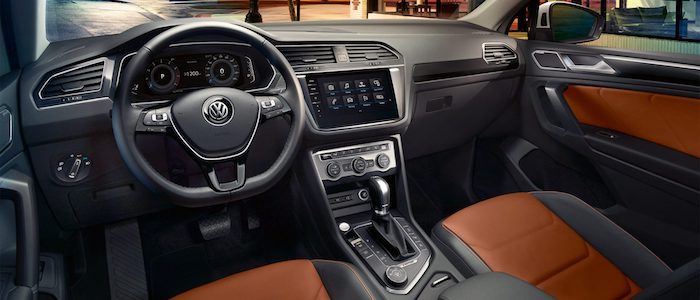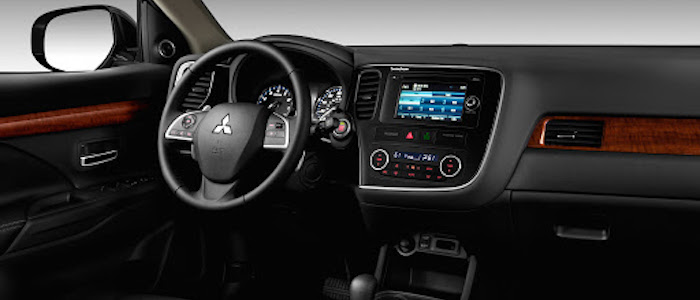Compare two cars
Compare any two cars and get our Virtual Adviser™ opinion
Dimensons & Outlines
Check vehicle history
Engine
Performance (manual gearbox)
Performance (automatic gearbox)
Expenses
Virtual Adviser's™ opinion
Well, these are two pretty similar cars we have here! It's only details that could potentially make the difference. Considering they both belong to the suv segment and utilize the same 5-door suv body style and the 4 x 4 wheel drive system, it all comes up to the specific petrol engine choice they offer. The first one has a Volkswagen-engineered powertrain under the hood, a 4-cylinder, 16-valves 220hp unit, while the other one gets its power and torque from a 4-cylinder, 16-valves 150hp engine designed by Mitsubishi.
SafetyThe first thing to look into here would be the results from European New Car Assessment Programme (Euro NCAP) tests performed on the two cars. Good thing is that both vehicles got tested, with the same number of safety stars gained in the process. Moving further on, let's take a closer look at some additional safety-related facts. Both vehicles belong to the suv segment, which is generally a very good thing safety-wise, still it doesn't help us solve our dilemma, does it? Furthermore, when it comes to weight, a factor that most people underestimate, the German car offers a considerable difference of 12% more metal.
ReliabilityI don't like generalizing things when it comes to reliability, although it does seem that both brands display similar results in faults and breakdowns, all the models observed together. These are the official statistics, while our visitors describe reliability of Volkswagen with an average rating of 4.2, and models under the Mitsubishi badge with 4.6 out of 5. Some independent research have also placed Tiguan as average reliability-wise, and Outlander is more or less at the same level.We should definitely mention that owners of cars with the same powertrain as the German car rank it on average as 3.0, while the one under the competitor's bonnet gets 4.0 out of 5.
Performance & Fuel economyVolkswagen is way more agile, reaching 100km/h in 5.7 seconds less than its competitor. In addition to that it accelerates all the way to 225 kilometers per hour, 35km/h more than the other car. When it comes to fuel economy the winner has to be the Japanese car, averaging around 6.4 liters of fuel per 100 kilometers (44 mpg), in combined cycle. We can't ignore that 22% difference compared to the German car.
Verdict
Mitsubishi appears just a bit more reliable, although the difference is truly marginal. The most important thing when deciding between any two vehicles should always be safety, both passive and active. In my opinion, everything taken into account, the German car offers significantly better overall protection, taking the lead here. It all continues in the same direction, with Volkswagen outracing its opponent in any situation possible, making it better choice for boy racers. It does come at a cost though, and that's the fuel consumption... I believe that, when we take all into account, we have only one winner here - the Volkswagen. Nevertheless, let's not forget that people have different preferences and needs, so what really counts is your personal feel. I'm only here to help. Also, you could use the oportunity to find out which car, everything taken into account, would be the perfect choice for you in the eyes of the virtual adviser™, among more than 12.000 different ones in our database.



































